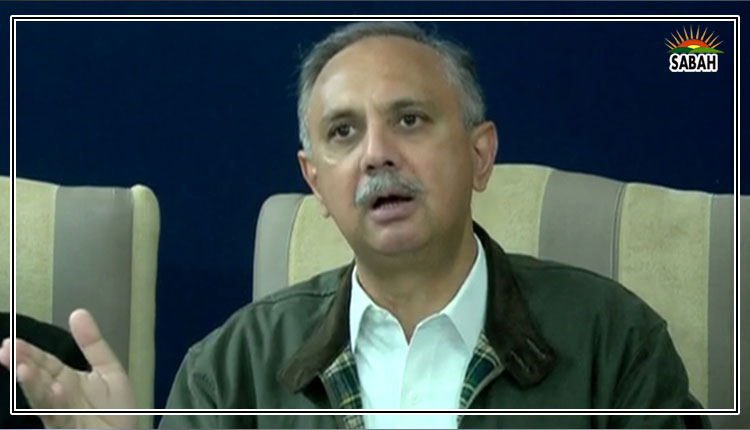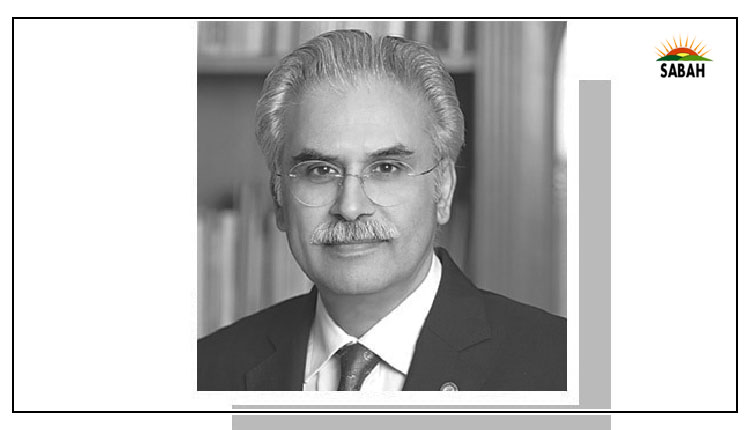Relationships and health…. Zafar Mirza
Robert Waldinger is a medical doctor, a psychiatrist, a psychoanalyst, and a Zen priest. As a professor of psychiatry at Harvard Medical School, he directs the Harvard Study of Adult Development, the longest scientific study of human happiness ever conducted. In 2015, he gave a TED talk on this topic which has been seen more than 45 million times around the world. What is the gist of the study that he directs?
For 83 years since 1938, several generations of researchers have tracked the lives of 724 men in the US. Robert himself is the third-generation director of the study. When he spoke in 2015, about 60 of the 724 men were still alive and participating in the study. These individuals were followed from their teen years all the way into old age to see what really keeps people happy and healthy. Such studies are extremely difficult and hugely expensive. Most longitudinal studies fall apart in a decade or so for various reasons. Persistence and luck have helped this study survive.
The cohort of 724 men had two sub-groups: the first consisted of young students from Harvard University, mostly from affluent families, and the second group of boys from Boston’s poorest neighbourhoods, chosen specifically for the study because they were from troubled and disadvantaged families in the Boston of the 1930s.
Year after year, researchers tracked all these individuals thoroughly by asking them about their work, their life conditions, and their health. They took their blood samples, scanned their brains, and videotaped their interactions with their children and wives.
Good relationships are beneficial for our physical and mental health.
So, what are the learnings from this scientific study spanning more than eight decades that have culminated in tens of thousands of pages of information? The essence is that neither it is wealth, nor fame, nor working harder and harder for greater success in life but — surprise, surprise — it is good relationships that keep us happier and healthier.
There are three big lessons that can be drawn from this research. One, people who are more socially connected to family, friends, to community, are happier; they are physically healthier and they live longer than people who are less well connected. Those who are more isolated, are less happy, their health declines earlier in midlife and their brain function declines sooner and their lives are shorter.
Two, the people who were the most satisfied in their relationships at age 50 were the healthiest at age 80. And three, good relationships don’t just protect our bodies, they also protect our brains and memory.
The second story is told by Malcolm Gladwell in his book, Outliers. As an introduction to the book, he narrates a very interesting story of the people of Roseto Valfortore, a small town around 100 miles southeast of Rome.
For centuries, the illiterate, hardworking poor people of this town toiled in the marble quarries in the surrounding hills. In search of better economic opportunities towards the end of the 19th century, they started migrating in scores to the new world. However, they stuck together. Gradually, they re-established their Italian town with the same name 90 miles west of New York, where they found work in a nearby slate quarry.
American Roseto was as discreet and self-sufficient a community as the Italian Roseto. Years passed until an inquisitive physician in the next town noted that in his 17 years of medical practice, he hardly found anyone from Roseto under the age of 65 with any heart disease.
This was America of the 1950s. There were no cholesterol-lowering drugs or effective measures available to prevent heart disease. Heart attacks were almost an epidemic. Why were Rosetians not having cardiac problems like the rest of the Americans? It was puzzling.
Dr Wolf decided to investigate. In 1961, he put together a team that studied almost all 2,000 or so Rosetians. The team looked at their medical records, took their blood samples, and did their ECGs.
The results were astonishing. Virtually no one had any signs of heart disease and no one under 55 had died of a heart attack. For men over 65, the death rate from heart disease in Roseto was roughly half the US average. The death rate from all causes in the small community was 30 to 35 per cent lower than expected.
How to explain this ‘anomaly’? Wolf brought in sociologists who went house to house and talked to every person aged 21 and over. There was no suicide, no alcoholism, no drug addiction, and very little crime. There was no peptic ulcer. The people were dying simply of old age.
They didn’t have any special healthy dietary practices: instead, they were cooking with lard, and consuming a lot of ham and sweet dishes on a daily basis. They were heavy smokers and many were obese. And yet, death rates from heart disease in nearby two towns were three times that of Roseto.
So, what was at work here? Ruling out all potential causes related to diet, exercise, genes, or geography, the investigators gradually realised that the secret of Roseto lay in Roseto itself. Rosetians were much more connected with each other. They were frequently visiting each other, chatting in Italian sitting on their porches, walking up and down together, cooking and eating together, three generations living under one roof, the people undertaking collective social work. It was a society in which people were busy with each other.
The moral of the stories: good relationships are good for our physical and mental health.
Friends are therapeutic. We may not be able to quantify the positive impact of relationships on health, well, not as yet, but their effect is certain and may be more powerful than the known risk factors.
The writer is a former SAPM on health, professor of health systems at Shifa Tameer-i-Millat University, and WHO adviser on UHC.
zedefar@gmail.com
Courtesy Dawn, August 25th, 2023












